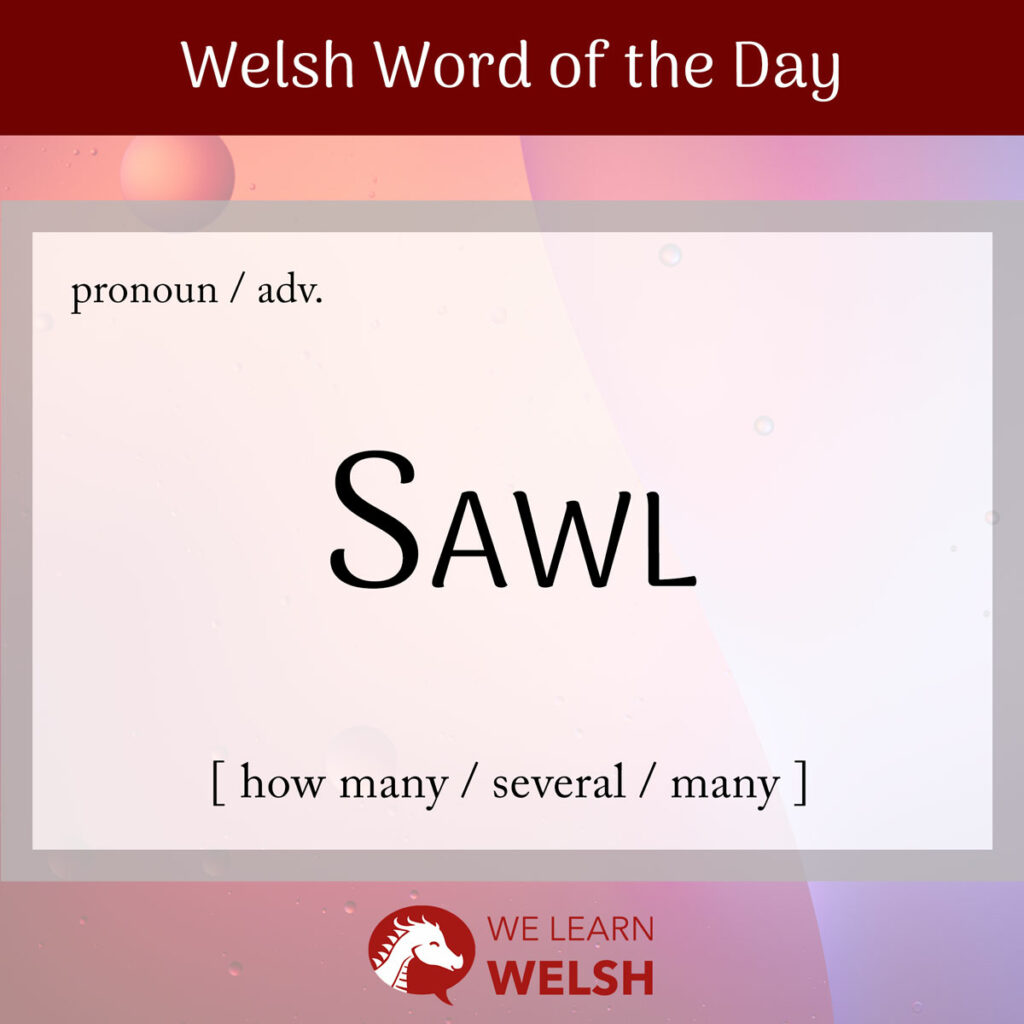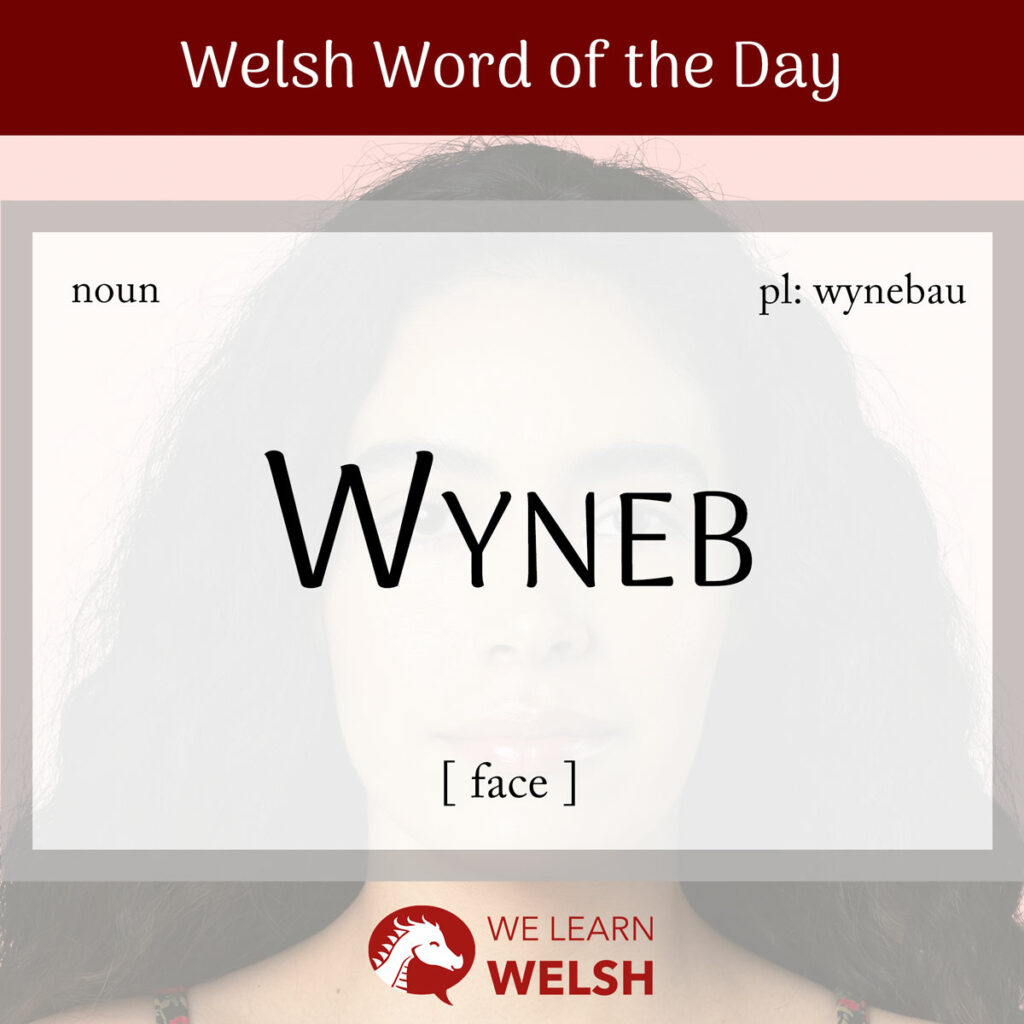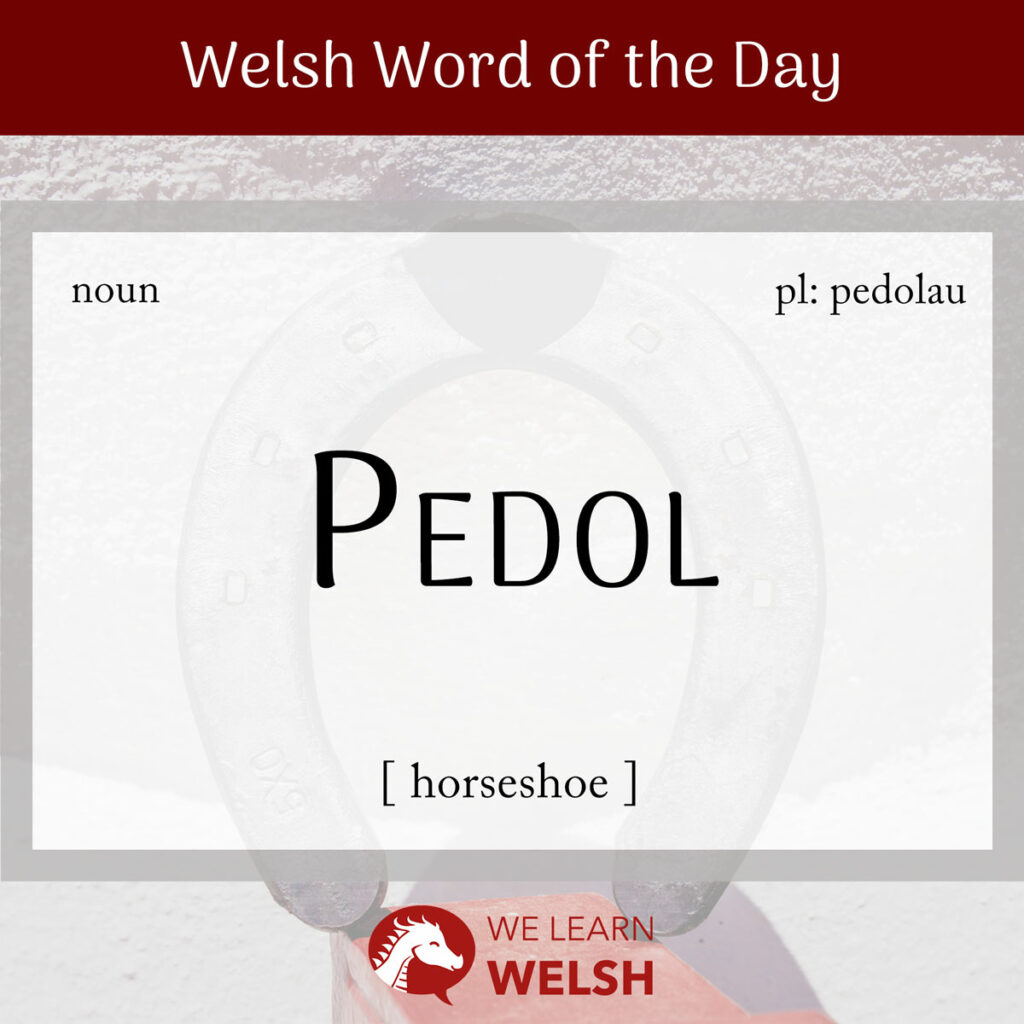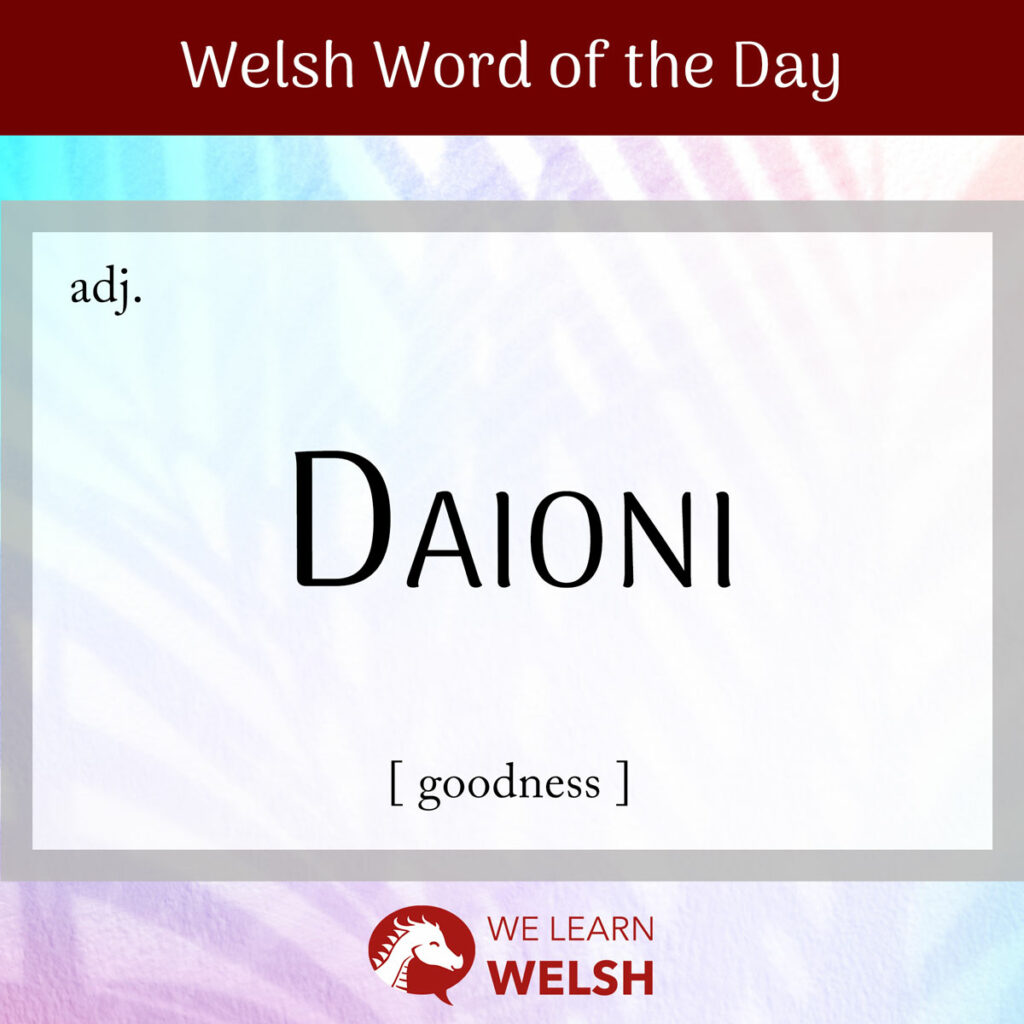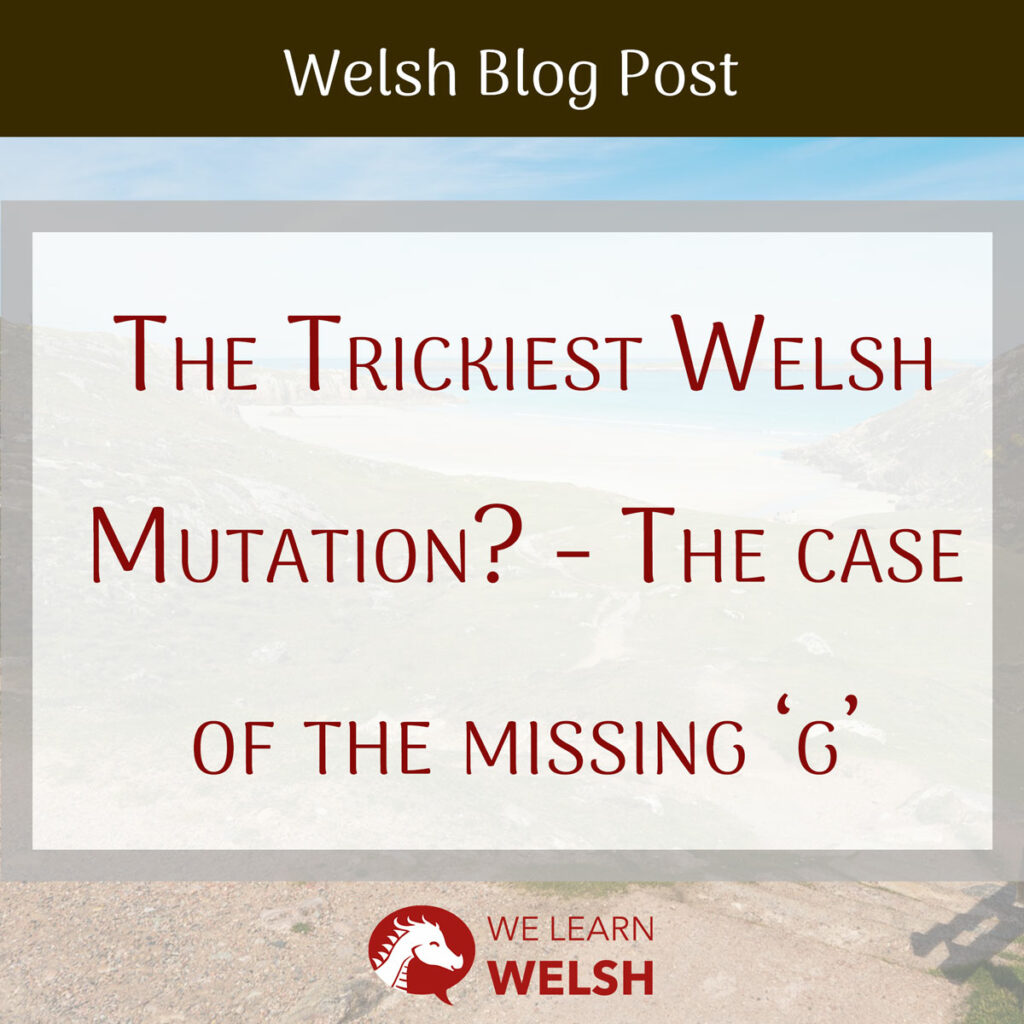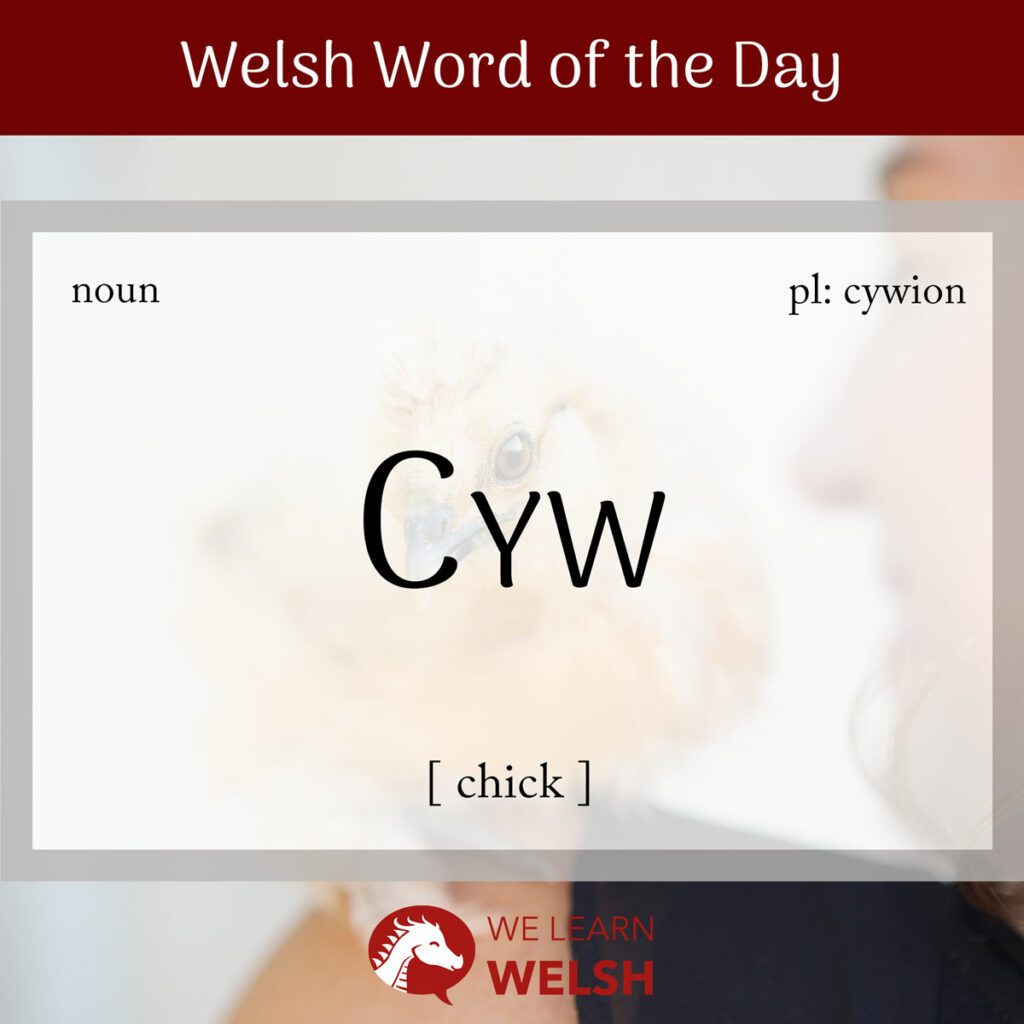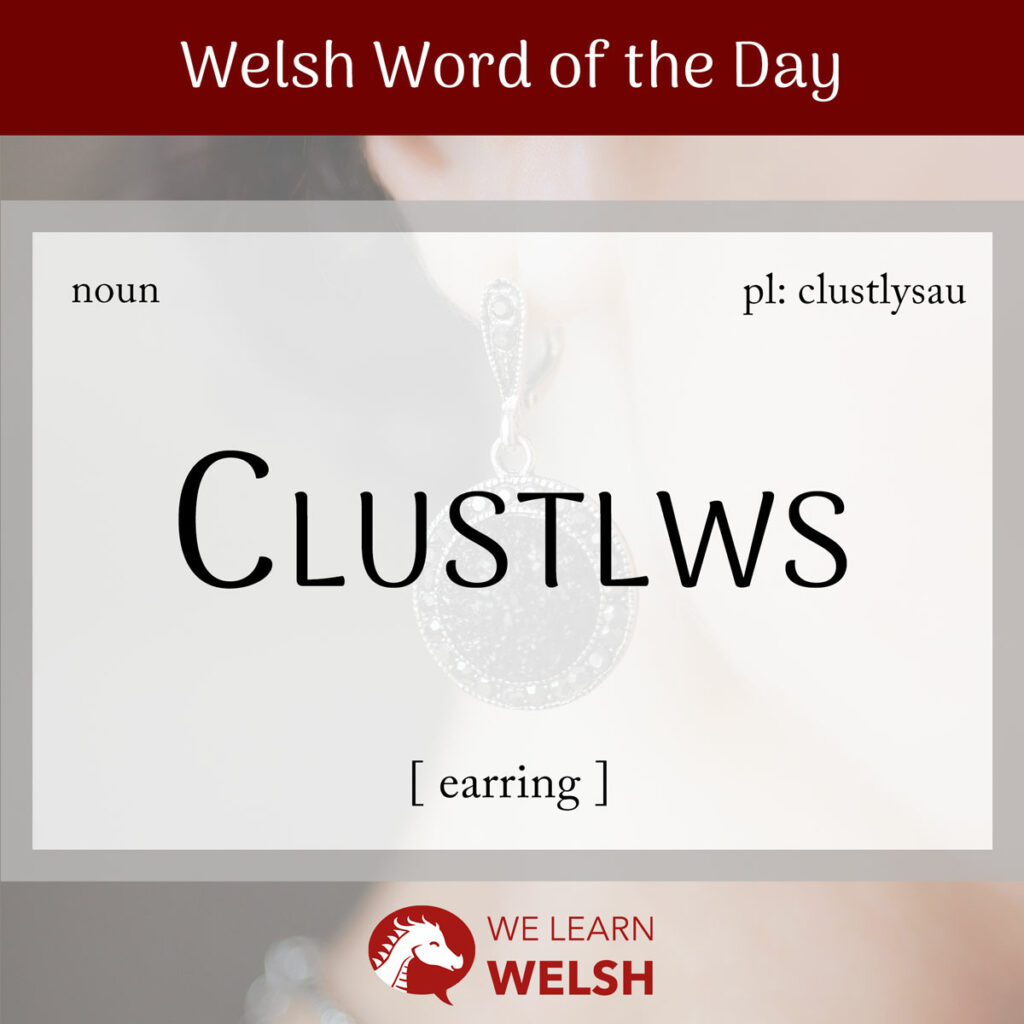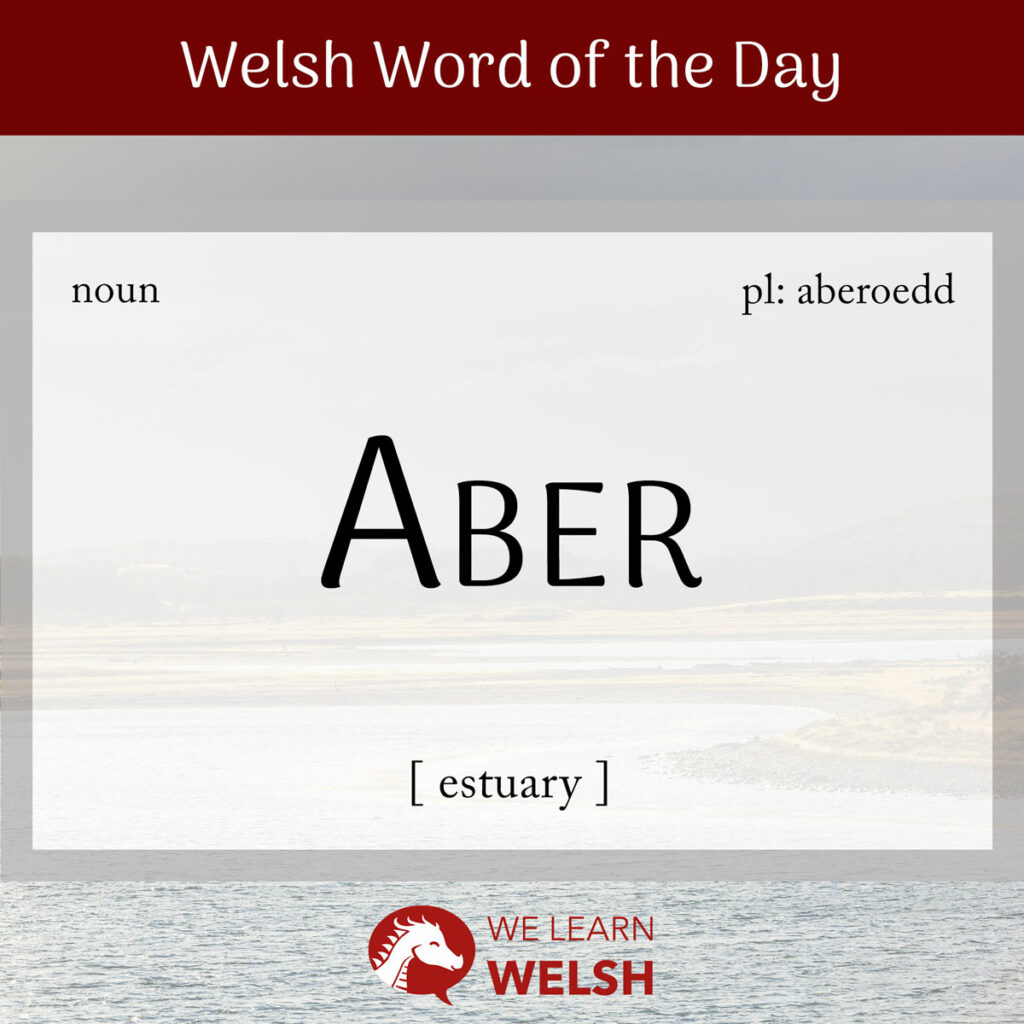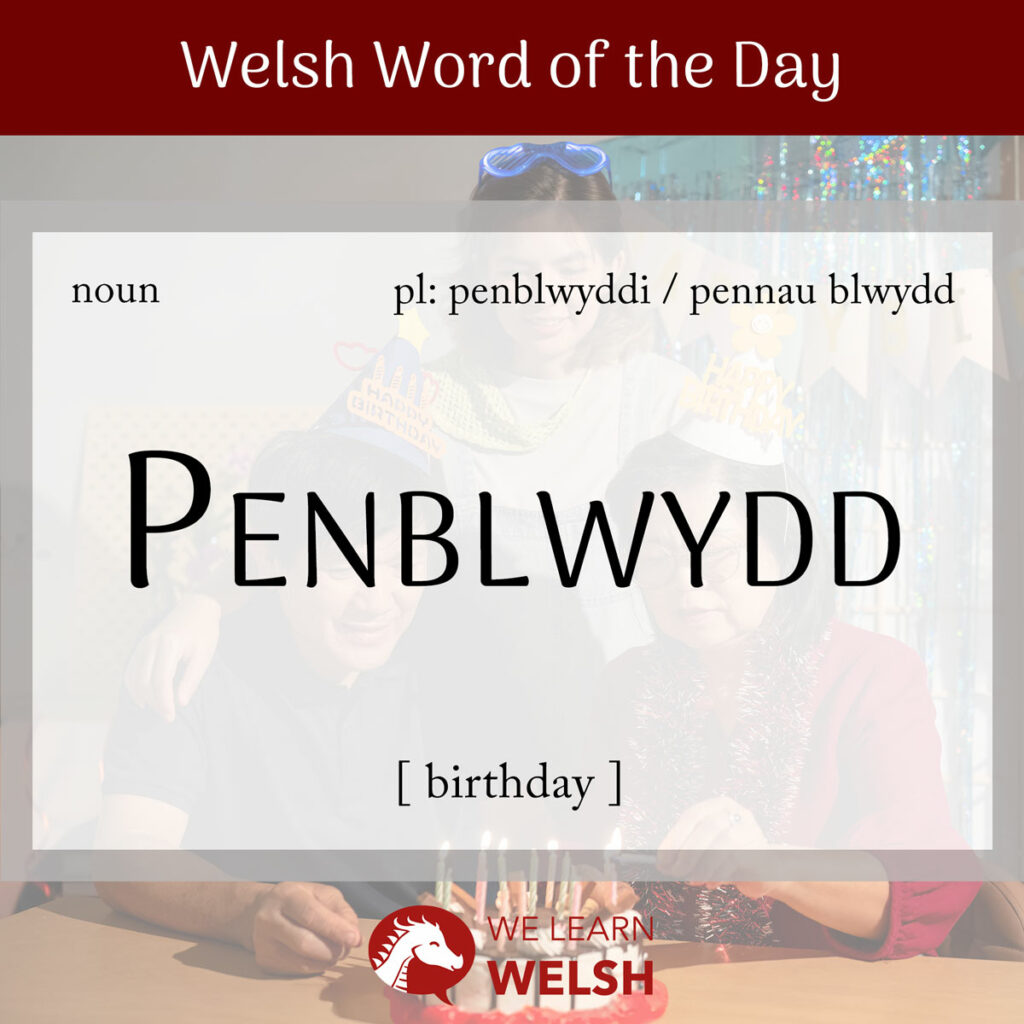Welsh Word of the Day: Sawl (how many / several)
The very useful sawl plays a double role in the Welsh language. It’s both a pronoun, in which case it translates roughly to the English how many, and an adverb, in which case it means several or many. Read on to discover how to use it correctly in both of these contexts. sawl how many …

